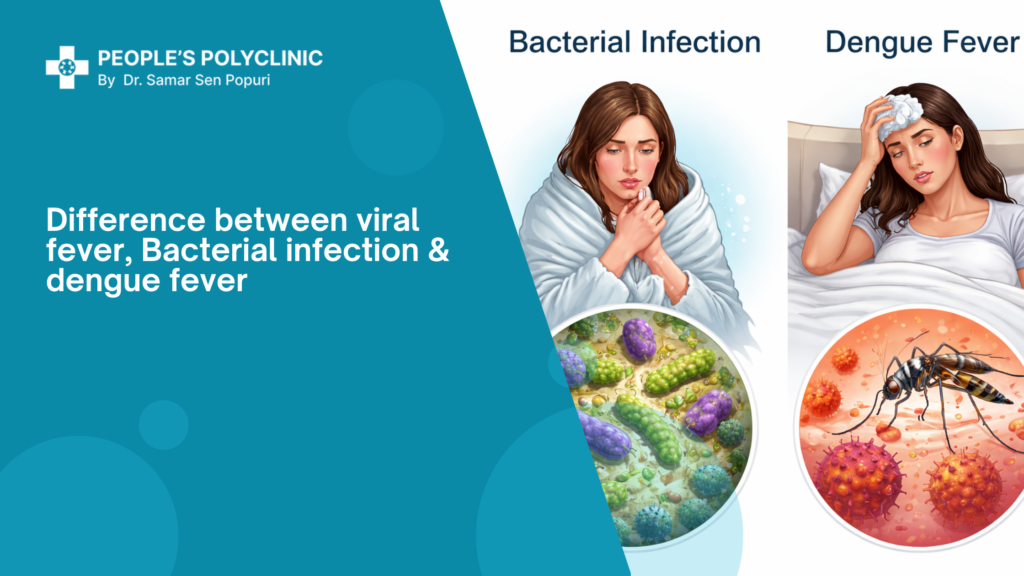Allergic reactions can come on suddenly. One may wake up one morning with itchy skin …

Dengue Fever: Dos and Don’ts for Effective Management
Dengue fever is a viral illness transmitted by mosquitoes and is prevalent in many parts of the world. While there is no specific treatment for dengue, knowing the dos and don’ts can help you effectively manage the illness and prevent complications. In this blog post, we will discuss important guidelines to follow when dealing with dengue fever.
Dos:
- Seek Medical Attention: If you suspect you have dengue fever or experience symptoms such as high fever, severe headache, joint and muscle pain, rash, or bleeding, seek medical attention promptly. Early diagnosis and appropriate medical care are crucial for managing dengue fever effectively.
- Stay Hydrated: Drink plenty of fluids, such as water, oral rehydration solutions, coconut water, or herbal teas, to stay hydrated. Adequate hydration helps maintain blood volume and prevents dehydration, a common complication of dengue fever.
- Rest and Take it Easy: Get plenty of rest and avoid strenuous activities. Resting allows your body to recover and reduces the risk of complications. Listen to your body and give yourself the time you need to heal.
- Use Mosquito Repellent: Apply mosquito repellent on exposed skin and wear long-sleeved shirts and long pants to protect yourself from mosquito bites. Dengue fever is transmitted by the Aedes mosquito, so taking measures to prevent mosquito bites is essential.
- Keep Mosquitoes at Bay: Eliminate stagnant water sources around your home, as they serve as breeding grounds for mosquitoes. Regularly empty and clean containers that can collect water, such as flower pots, buckets, and old tires. Use screens on doors and windows and consider using bed nets to protect yourself while sleeping.
Don’ts:
- Do Not Use Aspirin or Nonsteroidal Anti-inflammatory Drugs (NSAIDs): Avoid using aspirin or NSAIDs, such as ibuprofen or naproxen, as they can increase the risk of bleeding. Instead, take acetaminophen (paracetamol) to manage fever and pain, under the guidance of a healthcare professional.
- Avoid Self-Medication: Do not self-medicate or take over-the-counter medications without consulting a healthcare professional. Some medications may worsen dengue symptoms or interact with other treatments. Always follow the guidance of a qualified healthcare provider.
- Do Not Ignore Warning Signs: Pay attention to warning signs of severe dengue, such as persistent vomiting, severe abdominal pain, bleeding gums or nosebleeds, rapid breathing, fatigue, or restlessness. If you experience any of these symptoms, seek immediate medical attention.
- Avoid Exposing Others to Mosquitoes: During the acute phase of dengue fever, when the virus is present in your bloodstream, avoid mosquito bites to prevent further transmission. Stay indoors, use protective measures, and inform your close contacts about the importance of mosquito bite prevention.
Conclusion:
Knowing the dos and don’ts when dealing with dengue fever is crucial for effective management and prevention of complications. Seek medical attention, stay hydrated, rest, and protect yourself from mosquito bites. Follow the guidelines provided by healthcare professionals and avoid self-medication. By taking these measures, you can play an active role in managing dengue fever and promoting a faster recovery.







